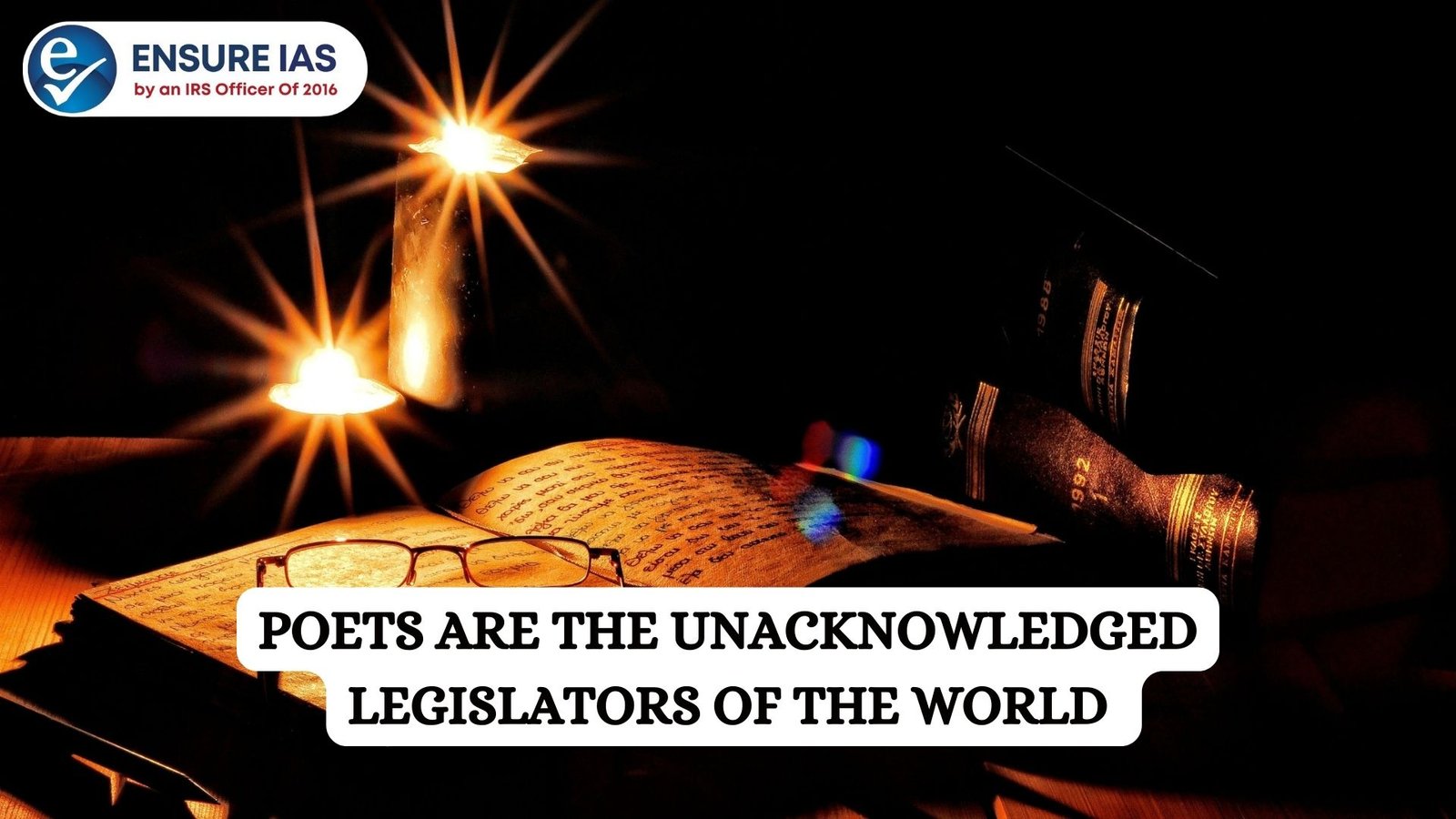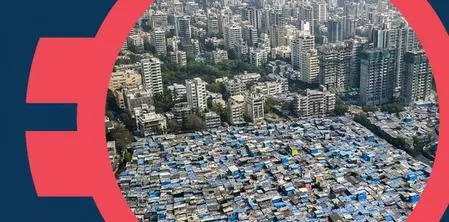It was the year 1905 and the Swadeshi Movement had just been launched. It was a step to fight the mighty British and show them the true power of the Indian populace. However, the initial participation by Indians was lukewarm. Even enthusiastic participants were slowly losing courage and morale. In such grim times, Rabindranath Tagore wrote his poem ‘Ekla Chalo Re’. He inspired the people to keep on fighting and not give up, through the powerful lines, ‘Jodi tor daak sune kue naa aase, tobe ekla chalo re’ (If no one comes on your call, you must walk alone.)
This not only inspired people to rise against the British, but also gave birth to a new generation of poets – Rajnikanta Sen, Dwijendralal Ray and Subramania Bharti. They wrote moving poetry, which filled their readers with patriotism and the strength to fight and take on the mighty British empire. Ultimately, they succeeded and India won freedom on the stroke of midnight hour, on August 15, 1947.
Thus, we see that poetry is not just a means for our entertainment. Rather poets have a remarkable ability to bring about changes in the all spheres of our society. It is for this reason that one can find renowned poets inspiring generations and motivating the people throughout space and time. From the bhakti movement in Medieval India to the French Revolution three centuries ago, the contribution of poets cannot be overstated. It is also for this reason that we have the age-old adage – “The pen is mightier than the sword.”
Poets as legislators
Elections take place in a democracy periodically. The people elect their representatives, who become part of the legislature and thus, become the legislators. What exactly do these legislators do? They frame laws, lay down the formal rules of conduct that would guide the society and also respond to the grievances of the population by enacting laws.
In a way poets do the exact same thing, albeit not through formal enactments. If observed from a philosophical point of view, their words act as a guide to life. For instance, Kabirdas wrote-
“काल करे सो आज कर, आज करे सो अब, पल में प्रलय होएगी, बहुरि करेगा कब।”
(There is no time like the present to complete tasks.)
This couplet acts as a guide against procrastination and instructs us to finish all our tasks on time. Similarly in the English language we have the proverb, “A stitch in time saves nine” conveying the same meaning. Recently this lesson, on punctuality and time, saved Odisha from Cyclone Amphan, as it planted mangroves on its coastline early on. Conversely West Bengal having not adhered to this dicta saw great devastation.
From a political perspective, poets inform the reader about the state of things in the society and what changes need to be brought about. They broaden our horizons and enable us to see an issue from multiple perspectives. Poets like Eknath, Tukaram and Ramdas are a case in point. They wrote ‘abhangas’ in Marathi to highlight the caste inequalities and promoted the message of unity of all. Even the Sufi saints like Salim Chishti and Bhakti saints like the Ravidas and Dadu Dayal propounded universal brotherhood. This message got deeply integrated into the Indian society and in time even became a part of our constitution, in the form of Articles 14-18.
From a social point of view, poets make us aware of the social ills that are affecting our society. The ‘Nightingale of India’ Sarojini Naidu highlighted through her works the plight of women. Kahlil Gibran, John Keats and William Wordsworth taught us the importance of not being materialistic and enjoying the little things in life. Even in the movie ‘Gully Boy’, the story of a slum dweller is highlighted, who by writing raps about his poverty and class discrimination, becomes a superstar.
From a historical point of view, poets and their creation also shape our opinion about historical personalities and events of their period. For instance, the Allahabad Prashasti of Samudragupta by Ravikirti, eulogises the reign of the emperor as one of great progress. As historian Ram Guha notes ‘history is the best guide for the future’, these poetic descriptions allow us to note lessons from history. These lessons can then serve as guidelines for future law making. But the question that now remains is-why are they unacknowledged?
The Sad Lack of Acknowledgement
Poets remains unacknowledged because their contributions to bring about changes in the society are never explicitly appreciated. Their works are always thought of as reflecting the creativity of the individual and not as a deep analysis of the state of the society. Their works are seldom considered to be didactic. They are thought of as something to be read in leisure.
In doing so what we miss is that these ‘works of leisure’ do have a deep impact on our minds. Consequently, we often give a thought to the issues brought to light by them and our behaviours alter when we read poetry. It is due to this great influence that throughout history we find instances of poets being sent to jail, being deported or being censored. Dictators and colonialists realised this might of the pen. Consequently, in all the colonies, we see censorship laws like the Vernacular Press Act of India being enacted.
Poetry in Contemporary times
Poems communicate a lot in few words. They use metaphors and imagery making their compositions both an interesting read and an inspiring piece. They use simple and even vernacular language to deeply connect with their readers. Ramanand and Tulsidas being stellar examples of the same. The reason behind their wide acclaim was the use of the Awadhi and Braj Bhasha, making their message crystal clear to the common man.
So, it is true that poets are the unacknowledged legislators of the world. These legislators have a very important role to play today. The world is witnessing a host of crisis in almost all the dimensions. Politically, authoritarian countries like China are rising. A state of war has begun in the Middle East. Economically, nations have begun their march towards deglobalisation. Environmentally, climate change is on the anvil and even our societal ethics are degrading.
Poets, our ‘unacknowledged legislators’ need to step up. They need to guide our society by telling us what is right and what is wrong. They need to highlight what needs to be done and inspire us to action. Their power is in the nature of change that poets bring about. Such change is internalised by people and followed without anger or resentment. This makes such change more permanent than any formal laws. Poets need to discharge this ‘dharma’ of theirs because of the responsibility that society has put on them. While discharging such great responsibility, our poets must remember that





